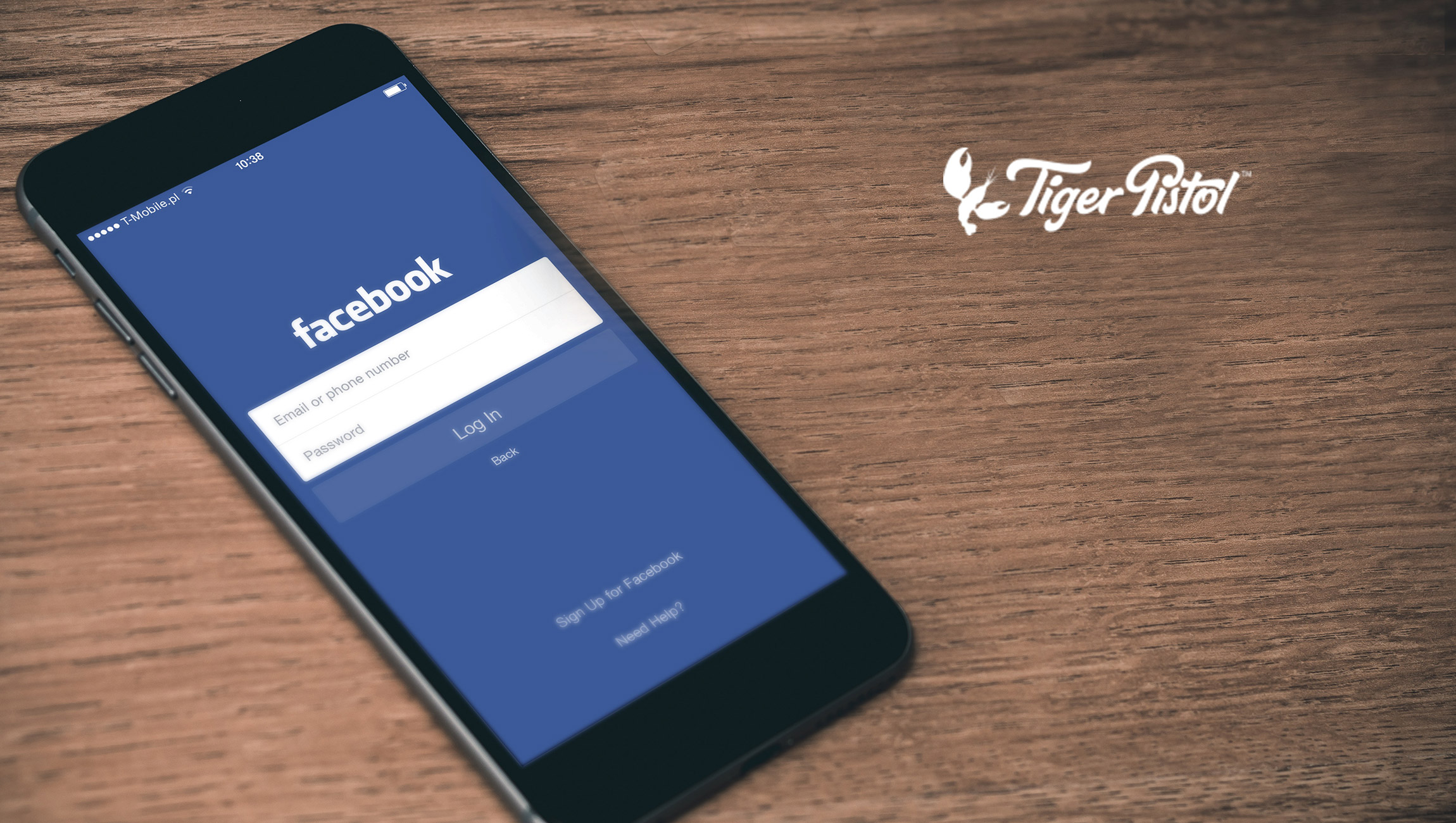![]() Everything I read states that the average lifespan of a CMO is anywhere between 2.5 to 3.5 years. As a senior marketer, I’ve worked with many CMOs, and, I believe this short-lived tenure is attributed in part to a disconnect between what the CMO thinks the role of marketing is versus what other executives expect from a marketing department. Traditionally, in the B2B world, we’ve been pushed to focus on finding leads, but my experience has taught me that hitting a lead goal could have zero-impact on the business and it’s more important to prioritize finding and engaging with the right audience and measuring the impact of engagement on revenue.
Everything I read states that the average lifespan of a CMO is anywhere between 2.5 to 3.5 years. As a senior marketer, I’ve worked with many CMOs, and, I believe this short-lived tenure is attributed in part to a disconnect between what the CMO thinks the role of marketing is versus what other executives expect from a marketing department. Traditionally, in the B2B world, we’ve been pushed to focus on finding leads, but my experience has taught me that hitting a lead goal could have zero-impact on the business and it’s more important to prioritize finding and engaging with the right audience and measuring the impact of engagement on revenue.
Today’s marketers have access to an overwhelming amount of data, but making that data actionable to positively impact a business is not easy. Despite the explosion of MarTech, no one vendor has produced the silver bullet. Add that to the fact that there are always “things” that need to be done. I’ve heard this is called the gravitational pull of a business — it makes sense why only a few marketing departments are able to establish a data-driven culture, and why the turnover for CMOs is so high.
Read More: AI-powered Conversation Bots Empower CMOs to Prove ROI
To overcome the data hurdle and ensure a longer tenure, today’s CMOs are hyper-focused on data, revenue growth and digital transformation, rather than solely focused on developing and placing creative advertising campaigns and securing leads. With consumers increasingly expecting brands to share relevant and timely offers based on their preferences and habits, businesses are relying on the CMO to implement marketing strategies that resonate with target audiences. Here are some of the tactics that I’ve used to achieve success in the digital age:
Data-driven: Today’s CMO has the ability to collect all kinds of data: website visits, click-through rates on digital ads, emails and CTAs (Call To Actions) on webpages, search volume, intent data, etc. But just capturing this “big data” is useless if the CMO doesn’t understand how to, or doesn’t have the ability to, tie all of this data together to understand the connection between the data, how the data tells a story from a high level and then be able to drill down to the individual level. And while big data gives the CMO more insights than ever before, one can’t forget about “Small Data” or direct human feedback that can give a deeper understanding of what big data is uncovering.
Big data lacks human emotion but small data gathered from online communities, focus groups and open-ended questions in surveys can empower the CMO to make “customer-obsessed” (as Jeff Bezos would say) decisions to create personal, engaging experiences that will attract new customers and create brand advocates out of existing ones. The CMO that can create a strategy based on data, share that data across the business to drive customer experience and show the impact to the business is the CMO that will outlast the average lifespan of 2.5 years.
Digitally savvy: The modern CMO not only understands the impact and application of big and small data but she also needs to be an advocate and pioneer in the use of MarTech, as well as in working with other areas of the business such as customer service, product development, sales and IT to drive the use of that data to run the business. Data for the sake of a smarter marketing campaign can only take an organization so far. Being a digital transformation catalyst across the business that leverages big and small data, and applies AI and machine learning to automate and ultimately engage and serve the customer, makes the CMO a leader in the company’s survival.
Read More: Five Tips to Perfectly Time Your Webinar and its Promotion
Revenue-focused: In today’s world, more than ever, the CMO is someone who understands the customer, both instinctively and analytically, through the big and small data being collected. For the CMO, the ability to understand and use the data, create a business-wide digital-first strategy is as important as the creative ability to generate growth and future value. And while the CMO needs a handle on all of those things, at the end of the day, the only data point that matters for the business, is revenue. Being able to show how the digital, data-driven strategy is impacting the bottom line will not only grow the business, it’ll literally save it — and the CMO’s job.
This is a fast-paced time with dramatic changes, and as CMOs we are all trying to keep pace and figure it out in this competitive digital market. In my experience, implementing a data-driven digital strategy to help grow the business into a profitable one is really the only choice we have. As one of my colleagues so eloquently put it, “Adapt or Die.”
Read More: It’s Time to Give Marketers Control Over their Data











